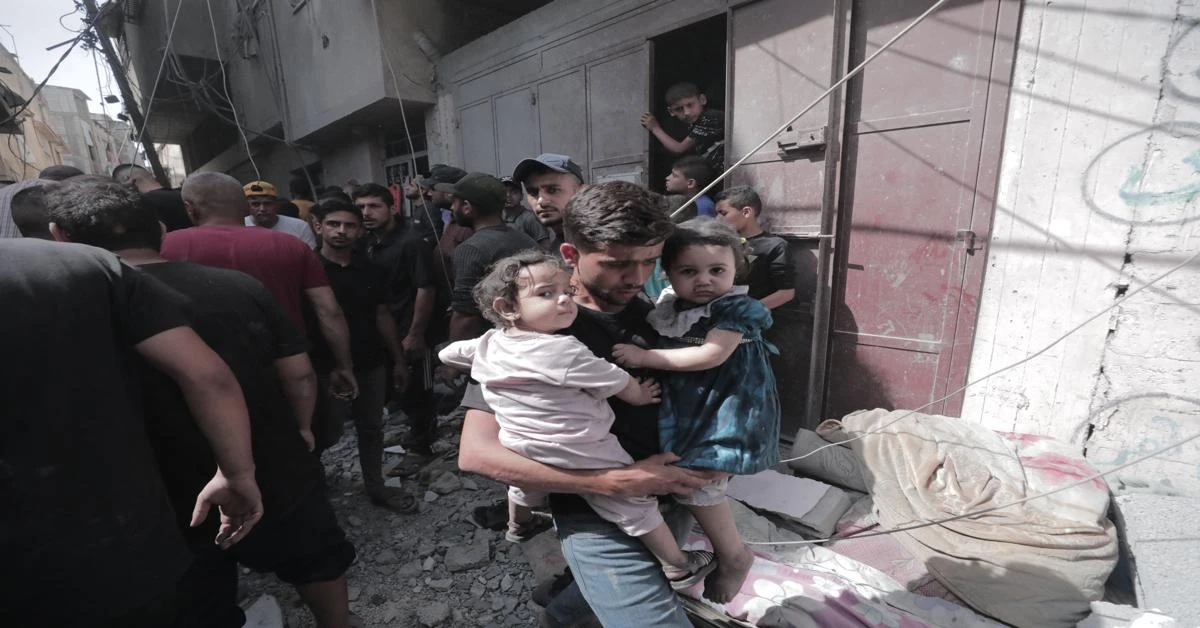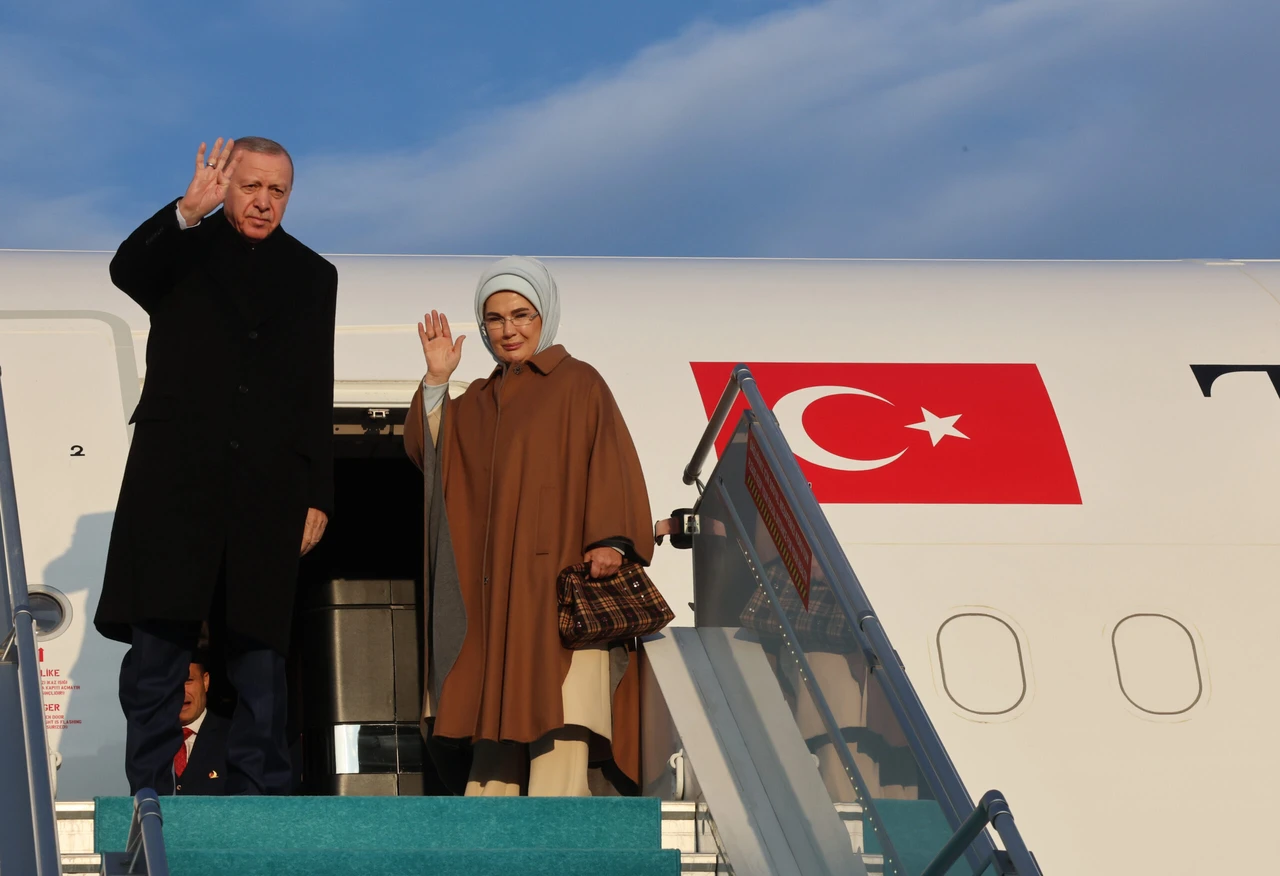Evidence from Türkiye plays a vital role in ICC’s Israel decision

The International Criminal Court (ICC) has issued arrest warrants for Israeli Prime Minister Benjamin Netanyahu and Defense Minister Yoav Gallant, warrants that were significantly influenced by evidence provided by Palestinians treated in Türkiye.
The warrants, part of an ongoing case accusing the two of war crimes, are considered a historic step in addressing the 75-year-long occupation.
The case file, bolstered by testimonies, photographs, and video footage from injured Palestinians brought to Türkiye, was further strengthened by an application from Istanbul’s No. 2 Body of Lawyers.
International Law Expert Hakan Erkiner highlighted that Netanyahu and Gallant are accused of “crimes against humanity and war crimes,” though the term “genocide” was not explicitly used.
The prosecutor pointed to attacks on those waiting for food aid as significant charges.
Erkiner also noted the possibility that the pre-trial chamber will likely decide on the arrest. If Netanyahu is tried in Israel and receives any form of punishment, such as house arrest, it would be considered as if he were being tried by the ICC, potentially preventing further prosecution by the ICC.
“The pre-trial chamber will most likely decide to arrest him. In Israel, if Netanyahu is prosecuted, it is as if he is on trial at the ICC. If they are tried in Israel and given a nominal sentence of house arrest, they will not be tried at the ICC. Legally, we can see that the cover for this has been prepared,” Erkiner underlined.
Erkiner suggested that there could be a scenario where only Hamas leader Ismail Haniyeh and other members are tried at the court, implying a selective approach to justice.
“We may see a picture in which only Hamas leader Haniyeh and other members are tried in the court. This is something that is possible,” Erkiner added.



